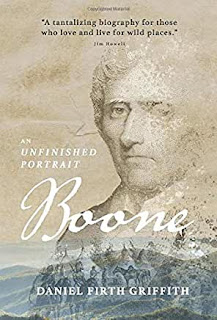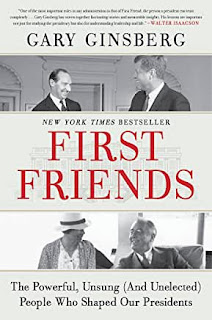It is Monday, What are you Reading?
Our First Civil War: Patriots and Loyalists in the American Revolution
By H.W. Brands
https://www.amazon.com/Our-First-Civil-War-Revolution/dp/0385546513/
Another view of the American Revolution in one volume. I am looking forward to see how Brands treats of Loyalist viewpoint alongside the Patriot viewpoint in this book.
Amazon Description:
“Americans tend to forget that we have always been at war with one another—even in the beginning…. Brands tells the story of the American Revolution as it really unfolded—as a civil war between colonial patriots and those loyal to the British Crown and Parliament. Division, Brands reminds us, is as American as unity.” —Jon Meacham, Pulitzer Prize-winning author of His Truth Is Marching On
From best-selling historian and Pulitzer Prize finalist H. W. Brands comes a gripping, page-turning narrative of the American Revolution that shows it to be more than a fight against the British: it was also a violent battle among neighbors forced to choose sides, Loyalist or Patriot.
What causes people to forsake their country and take arms against it? What prompts their neighbors, hardly distinguishable in station or success, to defend that country against the rebels? That is the question H. W. Brands answers in his powerful new history of the American Revolution.
George Washington and Benjamin Franklin were the unlikeliest of rebels. Washington in the 1770s stood at the apex of Virginia society. Franklin was more successful still, having risen from humble origins to world fame. John Adams might have seemed a more obvious candidate for rebellion, being of cantankerous temperament. Even so, he revered the law. Yet all three men became rebels against the British Empire that fostered their success.
Others in the same circle of family and friends chose differently. William Franklin might have been expected to join his father, Benjamin, in rebellion but remained loyal to the British. So did Thomas Hutchinson, a royal governor and friend of the Franklins, and Joseph Galloway, an early challenger to the Crown. They soon heard themselves denounced as traitors--for not having betrayed the country where they grew up. Native Americans and the enslaved were also forced to choose sides as civil war broke out around them.
After the Revolution, the Patriots were cast as heroes and founding fathers while the Loyalists were relegated to bit parts best forgotten. Our First Civil War reminds us that before America could win its revolution against Britain, the Patriots had to win a bitter civil war against family, neighbors, and friends.






